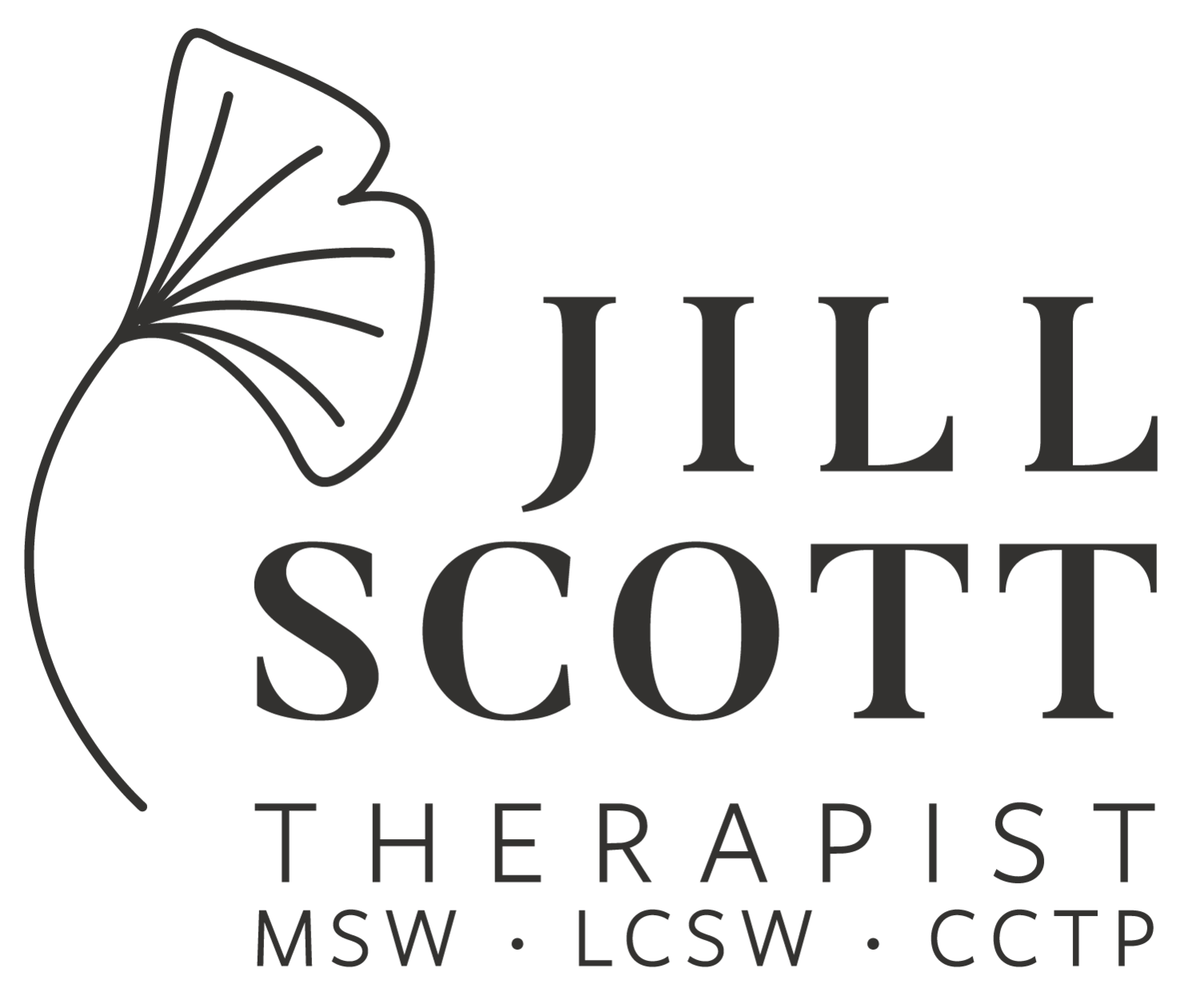Making Changes
“Start where you are. Use what you have. Do what you can.” --Arthur Ashe
We live in a fast-paced culture with abundant messaging that to be a worthy human, one must always strive to be more than what they are-- strive to be a more engaged parent, a more attentive partner, a more motivated employee, a more healthy eater, a more consistent exerciser, and so on. Given this, and because many people choose to start therapy due to a desire or need to make changes in one or multiple areas of their lives, it does not surprise me when I first meet with a client and they present me with a laundry list of their perceived shortcomings and changes they want to make as soon as possible. It is not uncommon for them to express feeling overwhelmed and not knowing where to start. I often ask them to keep the following in mind when embarking on the journey of making meaningful and lasting changes in their lives.
You are a worthy human just as you are. I cannot overstate how important this is. Change is hard. It is even harder when you attach the ability to make the changes you want with your inherent sense of self worth. Change is most likely to happen from a place of acceptance of who and where you are.
You don’t need to change everything right this minute. When we try to take on too much change at once, we are more likely to struggle to make consistent changes. This sense of “failing” can sap energy and motivation. Take inventory of your goals for the changes you would like to make. Which change seems most important? Which change seems most realistic to implement? Maybe you are trying to invest more in your physical health. Before deciding you need to completely overhaul the way you nourish and move your body starting tomorrow, for example, perhaps start with scheduling the appointment with your doctor that fell off your radar during the pandemic quarantine. Or set a goal of finding a provider(s) who can be a support or resource to you as you set and embark on these goals. Breaking your goals down into steps is an effective way to stay actively engaged in the process.
What is telling you to make these changes? Are you trying to make these changes because you anticipate they will result in a happier or healthier life? Improved relationships? Or because you feel you “should” to meet a manufactured standard of value and worth (See point #1)? While some external factors can be motivating, internal factors are more likely to be powerful change agents. I ask you to identify the source of the drive or decision to make a change. Maybe it has been recommended by a colleague or your manager that you take on more responsibility at work, or seek a promotion, and feel you “should”-but is this something YOU want?
Spend some time thinking about your change style. Are you someone who appreciates the momentum of meeting short-term goals, motivating you to set longer-term, bigger picture goals? Or would you prefer to set one long-term goal and break it down into steps or smaller chunks? Does speaking your goal out loud to someone else motivate you? Does writing it down or giving yourself a target date help you to be accountable to yourself? Think about a time in your life where you feel you were successful in making a change, breaking a habit, or starting a habit. What themes and factors emerge that you could replicate in current time?
Are you being kind or fair to yourself by trying to make these changes now? It is not uncommon for individuals who have experienced a significant loss or trauma to embark on a change journey, feeling this is what they need to heal or to avoid disruptive or painful emotions. Maybe it’s ok to hang out in your comfort zone as much as you need to right now. If this resonates with your experience, consider reaching out to a mental health professional for support.
